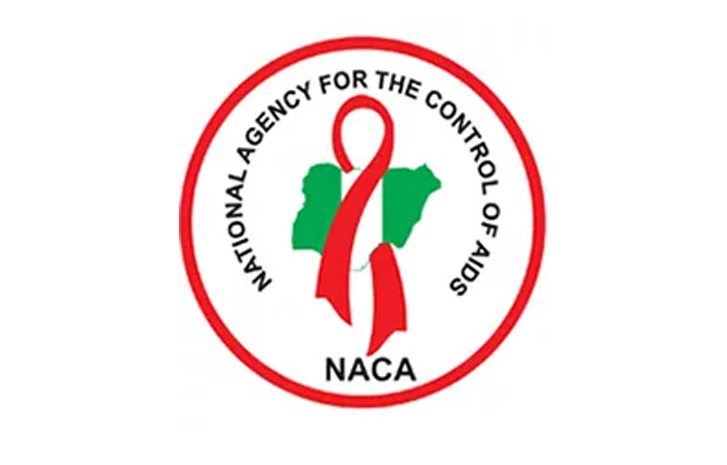14 years after: HIV transmission, deaths declining – NACA
HIV incidence and deaths have continued to decline since the establishment of the National Agency for the Control of AIDS (NACA) 14 years ago, the Director General of the agency, Dr Gambo Aliyu, has said. He stated this yesterday in Abuja while presenting the stewardship of the HIV response in Nigeria from 2007 to date […]

National Agency for the Control of AIDS (NACA)
HIV incidence and deaths have continued to decline since the establishment of the National Agency for the Control of AIDS (NACA) 14 years ago, the Director General of the agency, Dr Gambo Aliyu, has said.
He stated this yesterday in Abuja while presenting the stewardship of the HIV response in Nigeria from 2007 to date to mark the agency’s anniversary.
NACA was established as the agency for the multi-sectoral coordination of the HIV response in Nigeria on February 22, 2007.
In 2018, the agency with support from her partners led the largest population-based HIV/AIDS survey in the world, called the Nigeria HIV/AIDS Indicator and Impact Survey (NAIIS) leading to a rebasing of the HIV epidemic in Nigeria from a prevalence of 5.8% to 1.4%.
Data obtained by Daily Trust showed that AIDs related deaths declined form 68, 600 in 2010 to 52, 392 in 2019.
It also revealed that as of 2007, the country had an HIV prevalence rate of 4.6%, an estimated 2.9 million people living with HIV, with 212,503 people on treatment and 25 treatment sites.
By last year, after the NAIIS survey, the number of those on treatment had grown to 1,402,790, while the treatment centres had grown 2,262. About 1.8 million people now live with the disease.
Dr Aliyu said the federal government has increased ownership of the country’s HIV response and also placed more people on treatment, thereby ensuring viral load suppression among people living with HIV.
He said, “There is increased ownership of the response as the federal government has continued to make good her promise of placing 50,000 persons on treatment annually.
He said despite achievements made, the HIV response is faced with challenges that threaten to erode the successes achieved.
The major challenge is the need for strategic and real-time data for decision making as well as plateauing financial resources to prosecute the fight against the virus.
The agency said HIV response in the country still required the support of all her stakeholders in winning the fight against the virus through shared responsibility, stronger partnerships, responsible implementation and shared accountability in the response.
“These will facilitate the institutionalizing of sustainable structures capable of responding to ending AIDS as a public health threat by 2030 as well as other development and public health emergencies,” the agency said.
Some of the successes recorded by the agency include facilitating and organising the response to HIV/AIDs in Nigeria and the placement of over one million persons on antiretroviral, provision of strategic frameworks and guidance to the HIV response, and forming strategic partnerships with key stakeholders.
Chairman of the governing board of the agency Senator Oladipo Odujinrin said recent times have been critical for the HIV/AIDs response worldwide particularly with the COVID-19 and its challenges.
While saying the agency has achieved a lot in its 14 years of existence, he said there is still a lot to be done to end AIDS by 2030.
Secretary to the Government of the Federation Boss Mustapha said some challenges confronting the agency as at 2007 but which have been surmounted include the burden of HIV-related stigma, deficiency of the knowledge of the disease by most to treatment, absence of healthcare workers, lack of access to treatments, absence of rigorous prevention efforts, dearth of effective social outreach and support for the most vulnerable.
